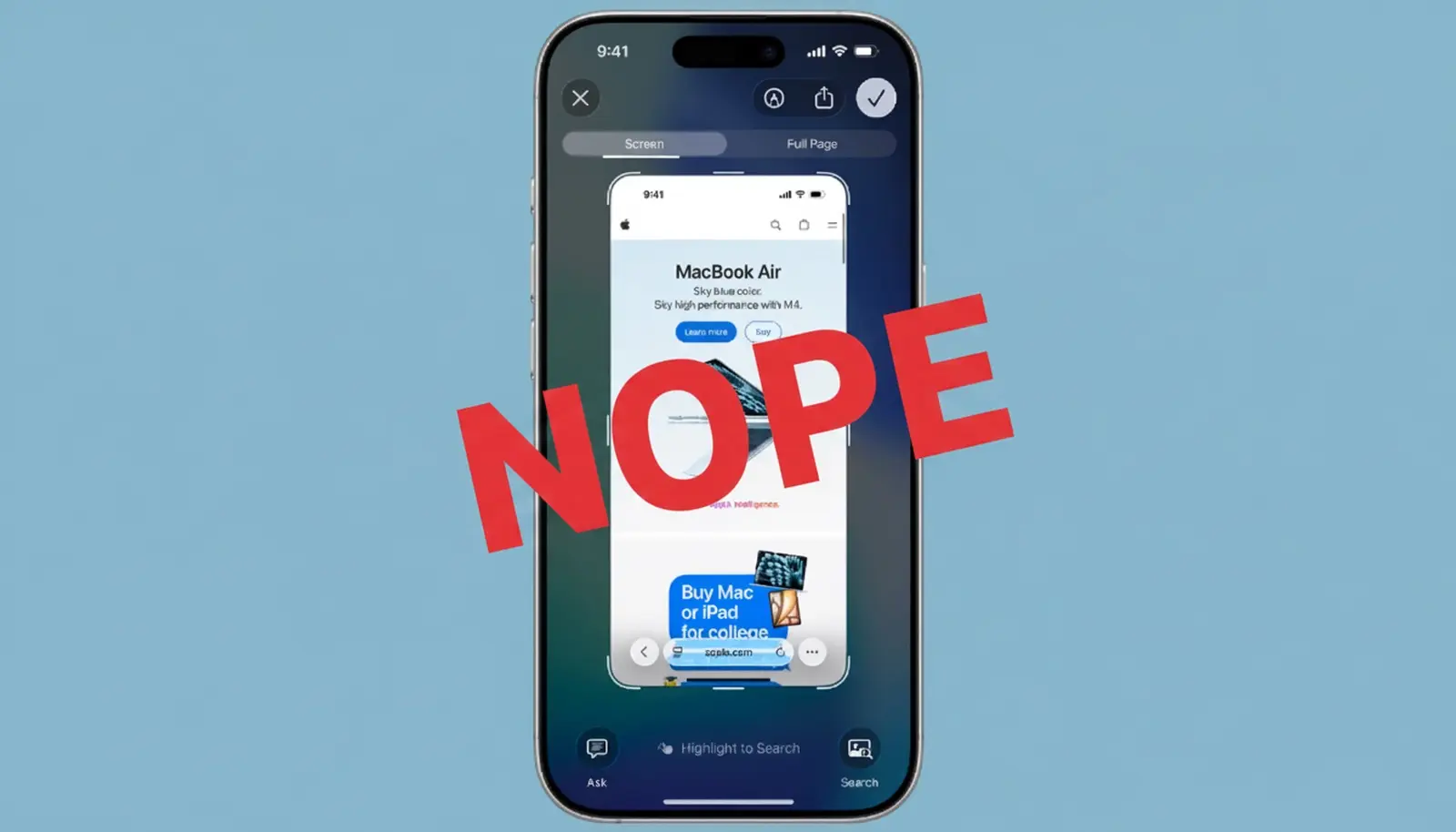
Unity recently announced plans to charge developers a fee each time a game utilising the Unity engine is installed via its new ‘runtime fee’ policy.
While there are caveats to the policy in terms of its structure (there are minimum revenue and total install numbers to consider, for example), there’s no doubt that this will significantly impact studios upon its implementation from January 2024 (including, bizarrely enough, Nintendo – the 2021 Pokémon titles Brilliant Diamond and Shining Pearl were built by developer ILCA using the Unity engine).
The announcement also came with some rather damning background information, including the fact that several executives over at Unity, including its CEO John Riccitiello, sold stock in the company just days prior. Now, Riccitiello has sold a substantial amount of stock throughout 2023, so this may be a simple case of poor timing, but it’s certainly a bit suspicious considering that additional board members did the same.
Not only that, but it was also discovered that Unity has effectively removed a clause that allows developers to utilise the Terms of Service that were applicable at the time of a game’s ship date. This essentially opens the door to allow Unity to charge for games that are already available to the general public, incurring potentially huge fees for developers.
With all of this in mind, studios large and small have reacted to the news rather negatively, with some even threatening to move their projects away from the Unity engine entirely. We thought we’d compile some of these reactions and statements for your convenience, if only to illustrate what a major impact this change will have.
Note. Be aware that due to the very nature of this topic, some of the language used in the below reactions are, to put it mildly, quite colourful. Just keep that in mind if you’re averse to certain words or in an environment where such language might be inappropriate.
First up, Mega Crit, an American studio responsible for the delightful Slay the Spire on Switch has released a statement criticising the removal of Unity’s terms of service from GitHub. It goes on to say that it will migrate its in-development title to an entirely new engine if changes are not implemented soon:
InXile Entertainment (Wasteland 2)
InXile Entertainment, the Xbox Game Studios team which launched Wasteland 2 on the Switch back in 2018, took a more humourous approach to the situation, seemingly taking a swipe at how Unity’s new policy may retroactively affect games already available to consumers:
If you’re looking to pick up the excellent Lunistice on Nintendo Switch, then you might want to do so sooner rather than later. Sole developer A Grumpy Fox has issued a statement confirming that the game will be pulled from all storefronts on December 31st, 2023 if changes are not enacted by Unity. Furthermore, development on future updates on the game has ceased:
Twirlbound (Pine)
Pine developer Twirlbound has also broken its silence on its future project to address the Unity issue, stating that trust with the company has been broken and that it struggles to see a future with Unity if changes are not made:
Crema, the creator of the MMORPG Temteam, states that the policy implemented by Unity is the “tipping point” for the studio, claiming that the company has been on a downhill journey under its CEO John Riccitiello. It states that although it cannot move its current project away from Unity, it will be the last game created on the engine:
Aggro Crab, the studio behind the much anticipated Another Crab’s Treasure, is likewise threatening to move away from the Unity engine altogether and start from scratch if the policy change isn’t rolled back:
Rose City Games has issued a statement in which it confirms that it has two games currently in development with the Unity engine. It confirms that, much like many other indie developers, it may have to move to a different engine as a result of the new policy from Unity, stressing the time and money that this would require:
Massive Monster actually posted two notable reactions to the announcement from Unity, one of which echoes the statements from other studios around migrating to a new engine (along with a rather amusing background GIF), and another that simply states that Cult of the Lamb will be “deleted” on January 1st, 2024.
In addition to the initial statements put forward by developers, many were also quick to react to Unity’s response to the controversy on X. Posted on September 13th, Unity attempted to clarify and reassure devs, which didn’t seem to have the desired effect…
So there you have it. Hopefully, this has demonstrated what kind of an impact Unity’s new ‘runtime fee’ policy will have on developers going forward and how, by extension, it might affect some of the games you enjoy playing or are looking forward to.
If you have any further thoughts on some of these developer reactions, then be sure to leave a comment down below.
Unity recently announced plans to charge developers a fee each time a game utilising the Unity engine is installed via its new ‘runtime fee’ policy.
While there are caveats to the policy in terms of its structure (there are minimum revenue and total install numbers to consider, for example), there’s no doubt that this will significantly impact studios upon its implementation from January 2024 (including, bizarrely enough, Nintendo – the 2021 Pokémon titles Brilliant Diamond and Shining Pearl were built by developer ILCA using the Unity engine).
The announcement also came with some rather damning background information, including the fact that several executives over at Unity, including its CEO John Riccitiello, sold stock in the company just days prior. Now, Riccitiello has sold a substantial amount of stock throughout 2023, so this may be a simple case of poor timing, but it’s certainly a bit suspicious considering that additional board members did the same.
Not only that, but it was also discovered that Unity has effectively removed a clause that allows developers to utilise the Terms of Service that were applicable at the time of a game’s ship date. This essentially opens the door to allow Unity to charge for games that are already available to the general public, incurring potentially huge fees for developers.
With all of this in mind, studios large and small have reacted to the news rather negatively, with some even threatening to move their projects away from the Unity engine entirely. We thought we’d compile some of these reactions and statements for your convenience, if only to illustrate what a major impact this change will have.
Note. Be aware that due to the very nature of this topic, some of the language used in the below reactions are, to put it mildly, quite colourful. Just keep that in mind if you’re averse to certain words or in an environment where such language might be inappropriate.
First up, Mega Crit, an American studio responsible for the delightful Slay the Spire on Switch has released a statement criticising the removal of Unity’s terms of service from GitHub. It goes on to say that it will migrate its in-development title to an entirely new engine if changes are not implemented soon:
InXile Entertainment (Wasteland 2)
InXile Entertainment, the Xbox Game Studios team which launched Wasteland 2 on the Switch back in 2018, took a more humourous approach to the situation, seemingly taking a swipe at how Unity’s new policy may retroactively affect games already available to consumers:
If you’re looking to pick up the excellent Lunistice on Nintendo Switch, then you might want to do so sooner rather than later. Sole developer A Grumpy Fox has issued a statement confirming that the game will be pulled from all storefronts on December 31st, 2023 if changes are not enacted by Unity. Furthermore, development on future updates on the game has ceased:
Twirlbound (Pine)
Pine developer Twirlbound has also broken its silence on its future project to address the Unity issue, stating that trust with the company has been broken and that it struggles to see a future with Unity if changes are not made:
Crema, the creator of the MMORPG Temteam, states that the policy implemented by Unity is the “tipping point” for the studio, claiming that the company has been on a downhill journey under its CEO John Riccitiello. It states that although it cannot move its current project away from Unity, it will be the last game created on the engine:
Aggro Crab, the studio behind the much anticipated Another Crab’s Treasure, is likewise threatening to move away from the Unity engine altogether and start from scratch if the policy change isn’t rolled back:
Rose City Games has issued a statement in which it confirms that it has two games currently in development with the Unity engine. It confirms that, much like many other indie developers, it may have to move to a different engine as a result of the new policy from Unity, stressing the time and money that this would require:
Massive Monster actually posted two notable reactions to the announcement from Unity, one of which echoes the statements from other studios around migrating to a new engine (along with a rather amusing background GIF), and another that simply states that Cult of the Lamb will be “deleted” on January 1st, 2024.
In addition to the initial statements put forward by developers, many were also quick to react to Unity’s response to the controversy on X. Posted on September 13th, Unity attempted to clarify and reassure devs, which didn’t seem to have the desired effect…
So there you have it. Hopefully, this has demonstrated what kind of an impact Unity’s new ‘runtime fee’ policy will have on developers going forward and how, by extension, it might affect some of the games you enjoy playing or are looking forward to.
If you have any further thoughts on some of these developer reactions, then be sure to leave a comment down below.







